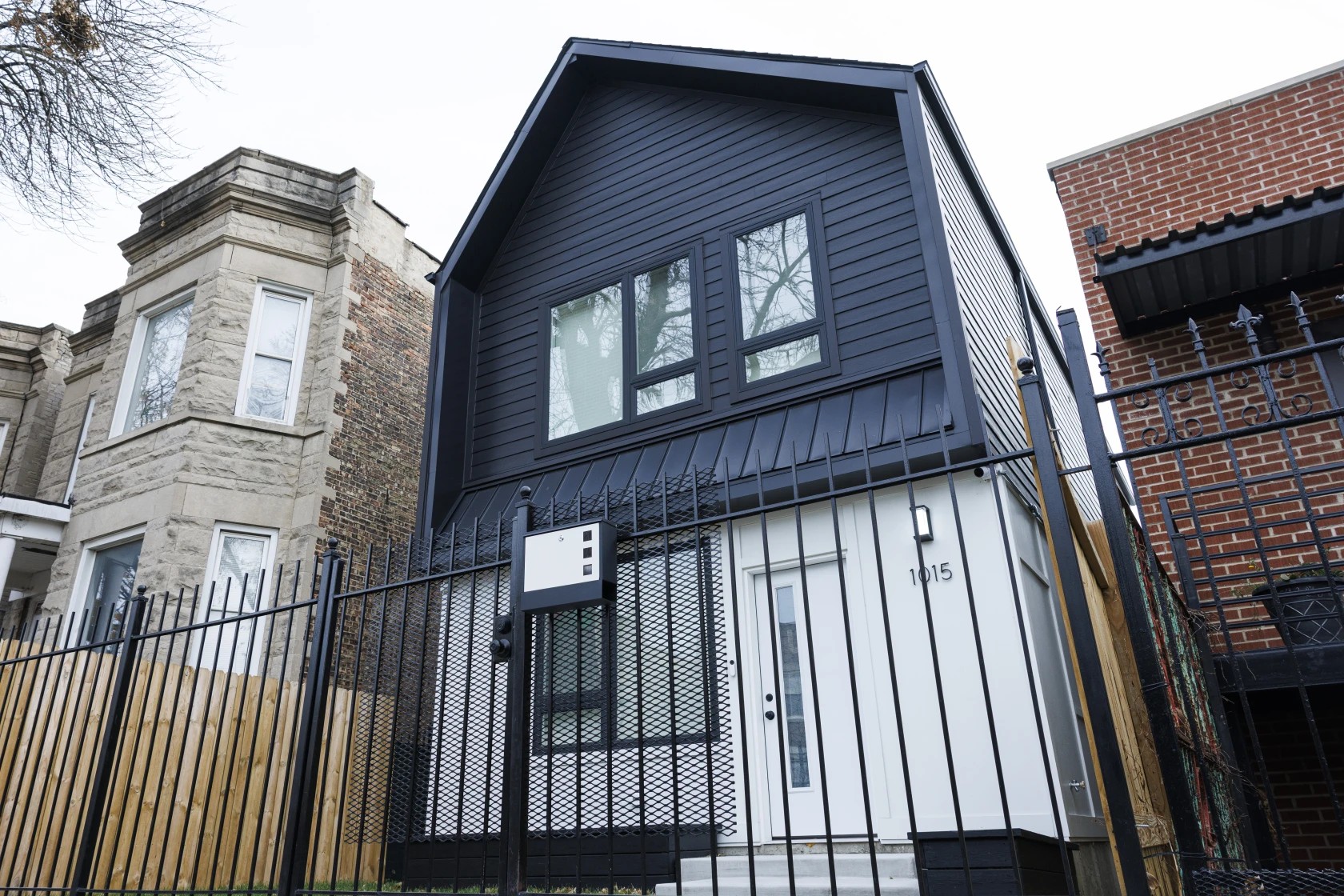Matching transit to economic need

REPRINTSPRINT

The history of transportation planning in our region has been mired in decades of racism in governmental policies and corporate investments, from the construction of highways and major thoroughfares that displaced and disconnected communities of color, to the neighborhood disinvestment and redlining that drove the dismantlement of our transit network on the West and South sides.
These conditions have made it very difficult for people of color without cars to access employment and services, furthering the cycle of poverty that so many people work hard to avoid. Health conditions triggered and aggravated by auto-oriented neighborhoods (such as obesity and respiratory and heart ailments) underlie 90 percent of severe and deadly COVID-19 cases.
It is no coincidence that the Chicago communities hardest hit by the pandemic are the same affected by decades of neighborhood disinvestment and disconnected from transit and active transportation options. Virus transmission is fueled by overcrowded homes and disinvestment, not by density: Our transit-rich, denser North Side lakefront has the lowest number of COVID-19 cases per capita.
These entrenched inequities explain the virus's prevalence in our black and Latino neighborhoods, and the grief, anger and calls to protest by South and West Side residents. People there have been literally cut off from transit networks and development for decades, and endure daily expressions of the systemic racism that pervades every aspect of our city.
There is good news to report. Transit-oriented development, or TOD, is being used across the U.S. to build healthier, safer and more climate-resilient communities that are less dependent on cars and easier to walk. Without equity guardrails, TOD has benefited mainly higher-income residents living near the Loop or on our North and Northwest sides—often displacing lower-income families—and has bypassed entire communities on our South and West sides. With equity, we have a new way to develop all neighborhoods without displacing people: equitable TOD.
Called "eTOD," this new approach engages community residents in development near transit, focusing on affordability, intentionally avoiding displacement, and ensuring that transit hubs are safe and walkable for those who most need them. Tested in cities across the nation, eTOD holds the promise of a different, better city for all.
Chicago's most recent example is the Emmett Street eTOD in Logan Square. Built by Bickerdike Redevelopment, it will create 100 affordable homes adjacent to the CTA station. It was supported by 100-plus organizations thanks to the advocacy of the Logan Square Neighborhood Association. We need more like it.
Chicago's leadership in eTOD has grown exponentially under Mayor Lightfoot's administration. The mayor's office is tasked by ordinance with developing an equitable policy plan for all future TOD and is doing so in partnership with my organization, Elevated Chicago, and other civic leaders and experts.
In Congress, U.S. Rep. Jesús "Chuy" García introduced the Promoting Equitable Transit-Oriented Development & Mobility Corridors Act, a bill that would mobilize capital in support of resident-led development (such as housing, health clinics or community centers) near transit hubs, providing community-based organizations avenues to participate in investment and development in the neighborhoods they serve. Our region is poised to lead the nation in how to dismantle racism through equitable development.
Finding hope these days is hard. Covid-19 has created a health and economic crisis that, paired with the current civil unrest, is devastating our black and Latino communities. By centering development on people of color and low-income residents, eTOD is planting the seed for the racial healing and transformation that our neighborhoods deserve and rightfully demand. Let's take our transportation system to leave our old, racist past, and build a new and equitable tomorrow.
Roberto Requejo is the director of Elevated Chicago. He co-chaired Mayor Lori Lightfoot's Transportation & Infrastructure Transition Committee.



